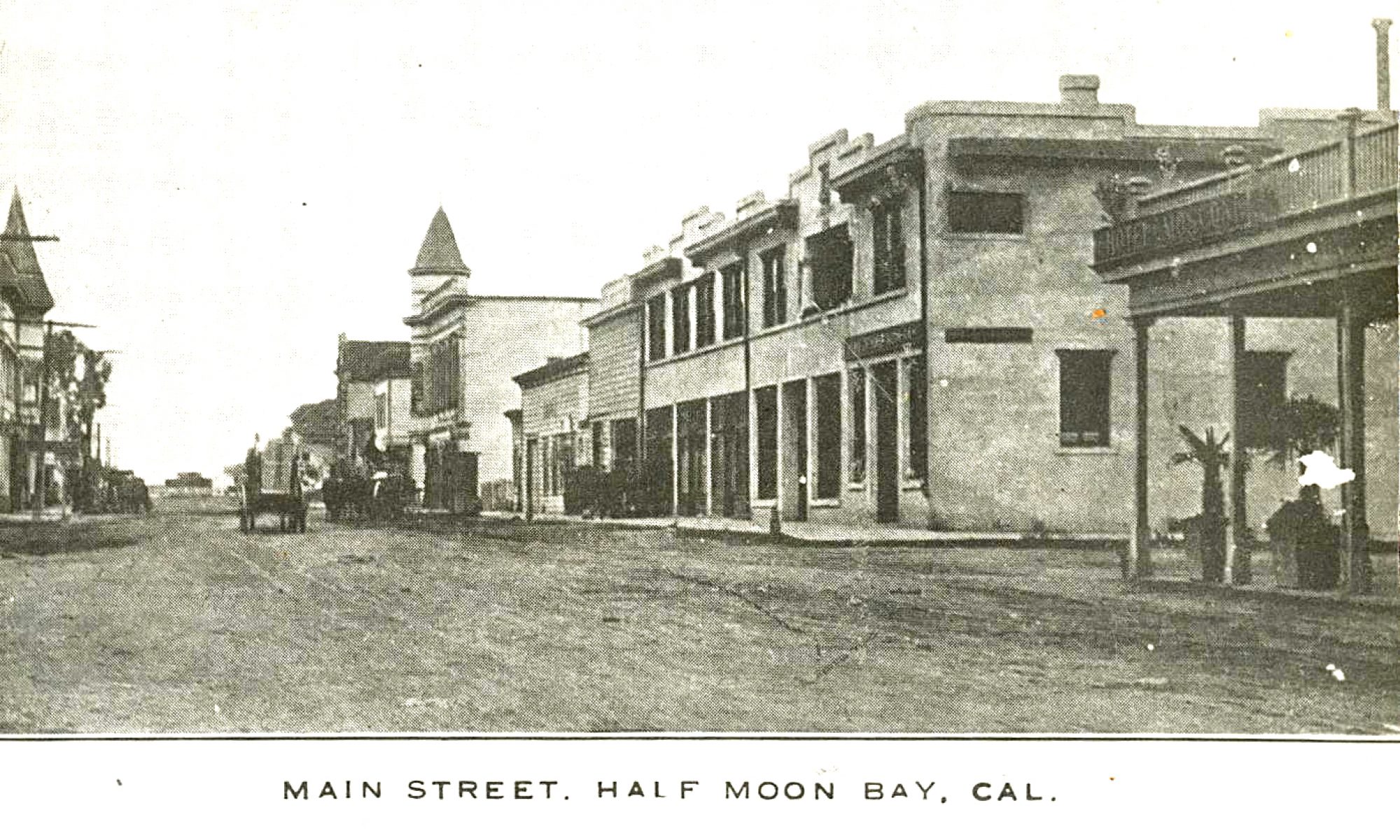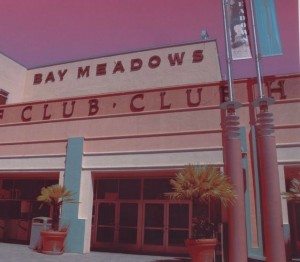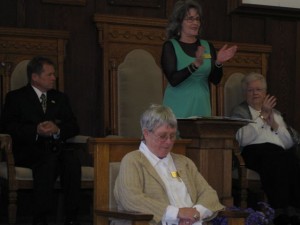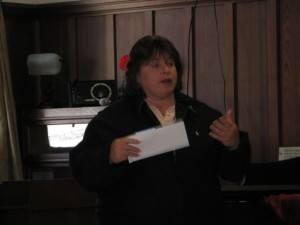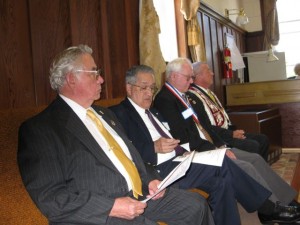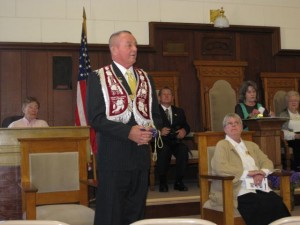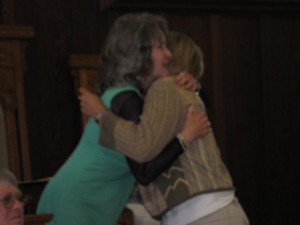I wrote this story in 2000.
By June Morrall
It was strangely silent during the off-season at Bay Meadows in the early years, the 1930’s, the ’40s,but the racetrack remained haunted with the rousing sounds of the “Sport of Kings.”
The memories saturated the air: “Here comes ‘Seabiscuit,’ the rags-to-riches people’s horse, the leading Thoroughbred all-time money winner, ridden by ‘Red’ Pollard, a one-eyed boxer turned jockey, thundering toward the finish line. In the quiet gloom, one could imagine the undulating deafening roar of the crowd from the grandstands.
The paddock was empty. The professional jockeys, remarkable athletes in miniature, wearing their colorful silk shirts, the trainers, an unpredictable lot, and their nervous equine wards, were no where to be seen. This was off-season, and they were elsewhere.
To the half-dozen kids in South San Mateo’s rural neighborhood in the 1940s, it was as if there wasn’t a soul around during off-season.
“And so Bay Meadows became our castle, our fort,” recalls Dorene Miller Pecoraro, who grew up near the racetrack founded by William (Bill) Patrick Kyne in 1934.
Describing herself as “tomboy,” Pecoraro and her friends used the racetrack as their fantasy playground.
“We pretended to hear the announcer say, ‘And they’re off’ as we dashed out of the starting gate.” When they got tired of chasing each other, the kids drifted toward the infield to watch the graceful swans skimming the ponds.
Surrounding the track were a few homes but many more flower nurseries.
“We were the only kids in the area, and we lived out in the country,” says Pecoraro, a longtime El Granada resident. “South San Mateo was definitely rural. People raised chickens in the background.”
Bay Meadows was not only a backdrop, the racetrack was an important part of Dorene Pecoraro’s eary childhood, a time fondly remembered. One of her neighbors was horse trainer Hack Ross, and her best friend’s father raced trotters and pacers. While walking through the stable area, she once encountered Johnny Longden, the legendary “millionaire jockey,” who in a later race at Bay Meadows guided home his 3000th winner, becoming the first rider in American turf history to claim that milestone.
But there was nothing rural or bucolic about Bill Kyne. His drive and ambition dominated Bay Meadows, and, he, too, entered Dorene’s life. She remembers that he was a busy man who had a nationally known racetrack to operate, but still made time for the neighbors and their kids.
While she was attending Baywood School, her mother wrote a letter to Kyne, voicing concern about the children’s safety when stepping off the yellow school bus, and crossing the street at a corner near the racetrack.
In response to the missive, “Mr. Kyne came to our house,” recalls Pecoraro. “He told my mother, ‘Don’t worry. I’ll take care of it.’ And he did. One of his own men stood guard at the corner to make sure the children were safe.”
In 1954, the Manor Theater marquee’s lights announced the showing of the film, “Money From Home,” starring Dean Martin and Jerry Lewis, the era’s sensational comedy team.
“It was a horse racing movie,” says Pecoraro, who was a teenager working at the local movie house. “I came up with the idea of doing a promotion, dressing up in authentic jockey shirts and caps.”
Dorene knew whom she could count on for help. “I called Bay Meadows and Mr. Kyne answered the phone himself,” she remembers. When ticket holders arrived for the Martin and Lewis show, young employees wearing jockey outfits greeted them.
Bay Meadows was a magnet for Hollywood’s biggest stars, and they often could be seen window shopping in downtown San Mateo.
“Betty Grable was my father’s cousin,” says Pecoraro, referring to the blonde bombshell pin-up girl with the million-dollar legs. Her marriage to Harry James, bandleader and trumpeter supreme, was one of show business’s biggest stories. A giant in the “Big Band” era, Harry James was an ardent racing fan, who owned Thoroughbreds.
